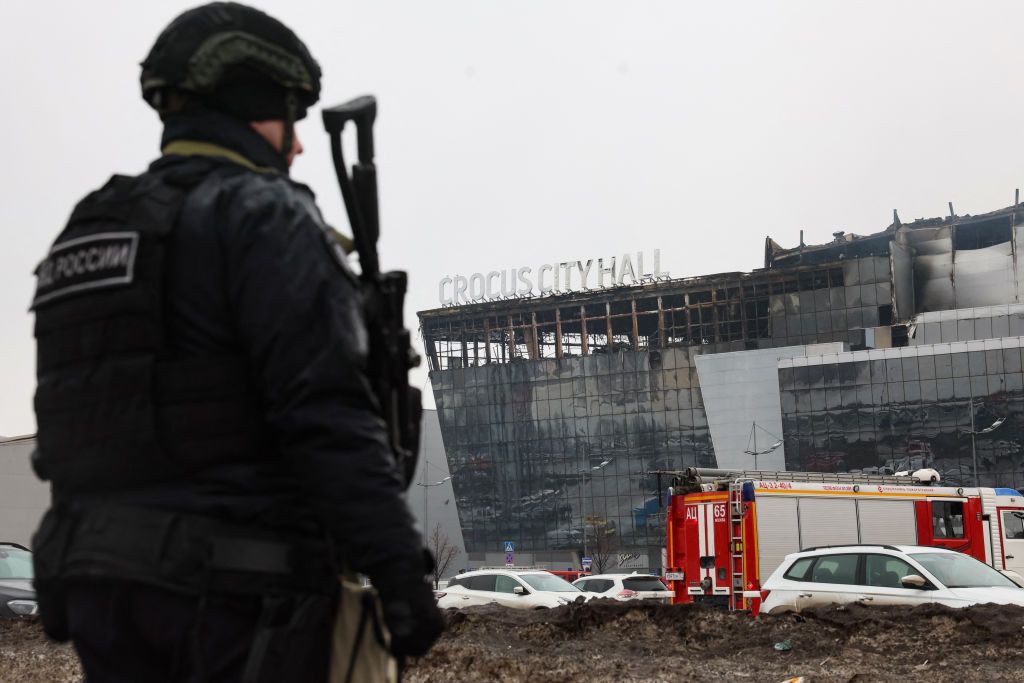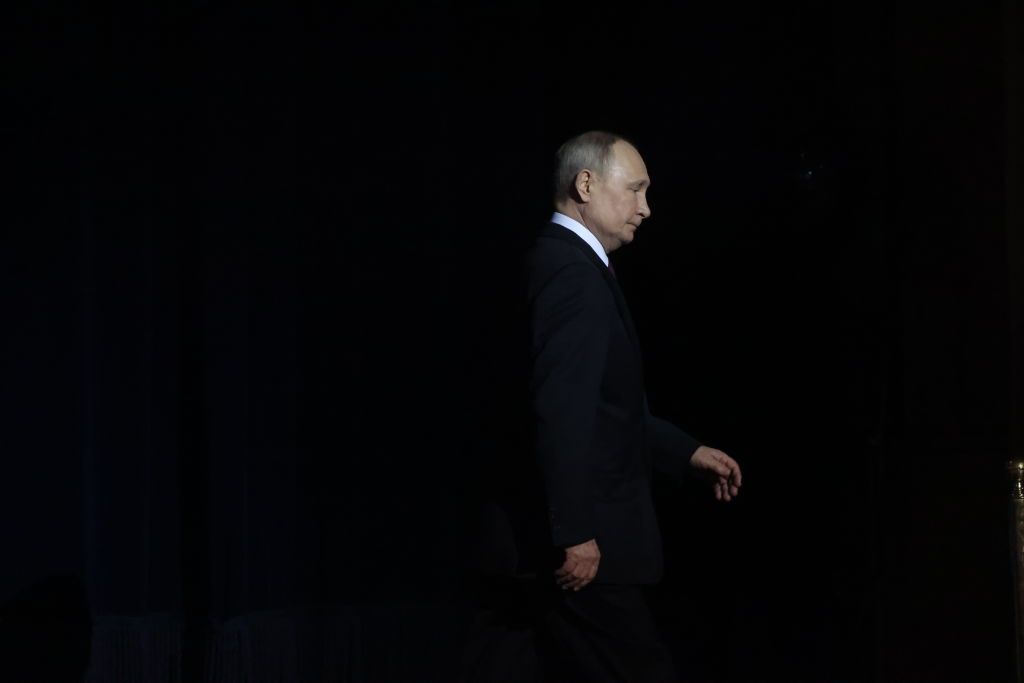Reuters: Iran warned Russia about 'major terrorist operation' ahead of Moscow shooting

Iran warned Russia of the possibility of a major "terrorist operation" on Russian territory ahead of the shooting outside Moscow last month, Reuters reported on April 1, citing three unnamed sources familiar with the matter.
Several gunmen opened fire at the Crocus City Hall in Krasnogorsk, Moscow's suburb, on the evening of March 22, killing at least 144 people. A branch of the Islamic State (ISIS) claimed responsibility for the attack shortly thereafter.
The U.S. Embassy in Russia, as well as a number of other countries, issued a warning on March 7 that "extremists have imminent plans to target large gatherings in Moscow" and urged American citizens to stay away from crowded areas and venues over the next 48 hours.
Alexander Bortnikov, the head of the FSB, claimed that U.S. warnings were only "general."
A few days before the attack, Tehran also shared data with Moscow obtained during interrogations of those arrested in connection with the January deadly bombings in the Iranian city of Kerman, one of the sources told Reuters.
There were no details on the exact time and purpose of the attack outside Russia's capital, another source said. Both attacks in Kerman and near Moscow involved Tajik citizens, Reuters wrote.
Tehran has recently discussed with Dushanbe the issue of increased involvement of ethnic Tajiks in militant activities, the news agency reported, citing a diplomatic source in Tajikistan.
Russian authorities detained 11 people in the first 24 hours following the attack. A court in Moscow charged four of them, all of whom are citizens of Tajikistan, with committing an act of terrorism on March 24.
Russian dictator Vladimir Putin, along with other top Russian officials, sought to pin the blame on Ukraine without providing any evidence.
On March 31, Russia's Foreign Ministry called for the arrest and extradition of the head of the Security Service of Ukraine (SBU). Ukraine and the U.S. rejected the Kremlin's allegations.















